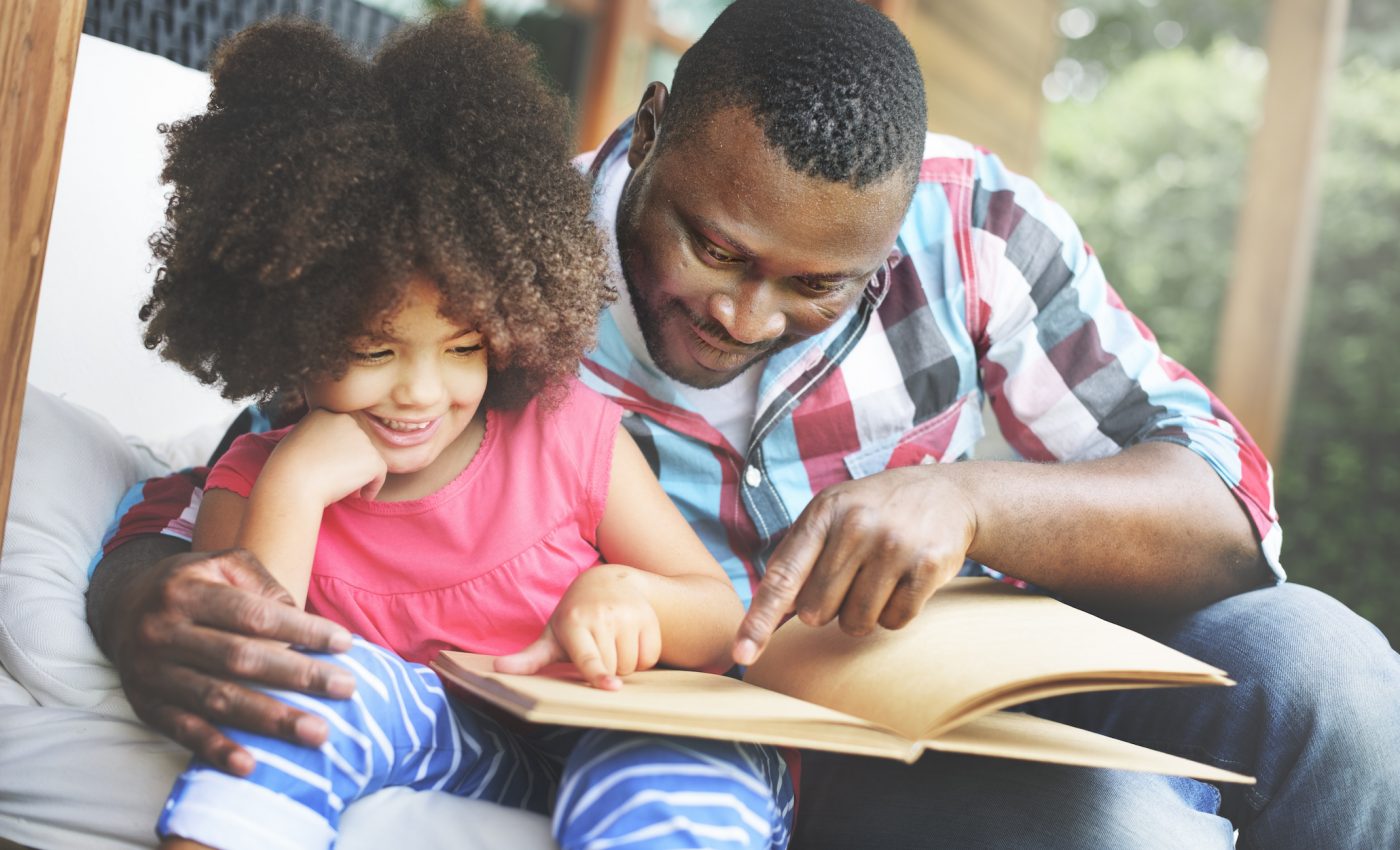
Traditional books have an advantage over e-books for kids and parents
When it comes to family story time, a new study has shown that books in print have an advantage over digital books. The researchers found that parents and toddlers interacted and verbalized more with traditional books compared to e-books.
The study, which was led by University of Michigan C.S. Mott Children’s Hospital, was focused on 37 pairs of parents and children as they engaged in print books, basic e-books, or enhanced e-books that featured sound effects and animation. The findings suggest that reading stories together in print creates a higher quality experience.
“Shared reading promotes children’s language development, literacy and bonding with parents. We wanted to learn how electronics might change this experience,” said study lead author Dr. Tiffany Munzer. “We found that when parents and children read print books, they talked more frequently and the quality of their interactions were better.”
The parents and children interacted less while reading e-books, and also tended to talk less about the story and more about the device they were using.
According to Dr. Munzer, many of the interactions shared between parents and young children while reading may appear subtle but can actually have a significant influence on healthy child development. She said that interactions such as comments and questions during story time promote child expressive language, engagement, and literacy.
“Parents strengthen their children’s ability to acquire knowledge by relating new content to their children’s lived experiences,” said Dr. Munzer. “Research tells us that parent-led conversations is especially important for toddlers because they learn and retain new information better from in-person interactions than from digital media.”
These types of exchanges were less frequent with electronic books, as parents asked fewer simple questions and commented less about the story. This indicates that digital features were distracting parents or interfering with their ability to guide conversations while reading.
Dr. Munzer noted that nonverbal interactions such warmth and enthusiasm during story time develop positive associations with reading that will likely last throughout a child’s lifetime.
“Reading together is not only a cherished family ritual in many homes but one of the most important developmental activities parents can engage in with their children,” said study senior author Dr. Jenny Radesky.
“Our findings suggest that print books elicit a higher quality parent-toddler reading experience compared with e-books. Pediatricians may wish to continue encouraging parents to read print books with their kids, especially for toddlers and young children who still need support from their parents to learn from any form of media.”
The study is published in the journal Pediatrics.
—
By Chrissy Sexton, Earth.com Staff Writer













